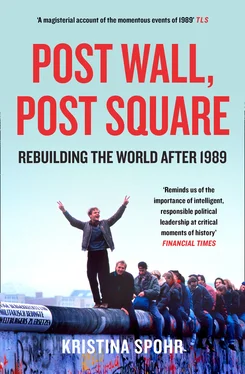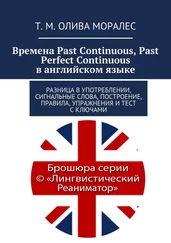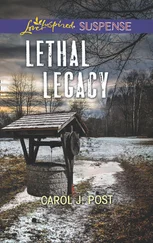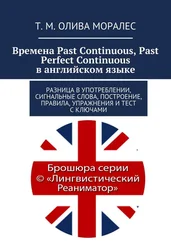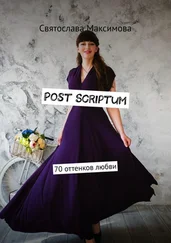The foreign dignitaries were treated to a massive fireworks display and a performance of colourful dances by 100,000 flowers of communist youth. Their mood, however, seemed more ‘languid’ than ‘joyous’. And instead of a huge military parade as five years earlier, only a token group of forty-five soldiers goose-stepped in front of the stage to symbolise the power of the state. Given the stiff security, ordinary Chinese could not get within a mile of the birthday party for their ‘People’s Republic’. What’s more, martial law remained in force in Beijing, almost three months since it was imposed at the height of student demonstrations. And so soldiers armed with machine guns continued to patrol the city centre. The tone of the PRC at forty was not, then, one of jubilation; indeed until recently the plans had been for something very low-key and even austere. Yet by October the party, with regained inner confidence, wanted to show and celebrate the fact that it was fully in control. ‘National Day this year is of unusual significance,’ stated Li Ruihuan, a senior politburo member in charge of propaganda. Because, he added, ‘we have just won a victory in curbing the turmoil and quelling the counter-revolutionary rebellion’.[173]
*
Whereas communist China marked its fortieth birthday with what might be called a muted certainty, still shaken by 4 June but discerning a clear path ahead, its German comrades had been planning a grand jamboree for months, only to be faced at the last moment with mounting social upheaval that threatened their political control. The intention was that 6–7 October in East Berlin would be a huge media extravaganza, with parades of the military and party youth, lavish banquets in the glittering Palace of the Republic and endless self-congratulatory speeches. In further contrast to Beijing, most of the leading figures of global communism would be in attendance, above all China’s vice premier Yao Yilin and Gorbachev himself. For Honecker this was to be a huge event, the pinnacle of almost two decades at the top and further recognition of the GDR’s status in the communist world. To ensure that everything went to plan, visits from West Berliners were curtailed for the period of the celebrations while a precisely ‘organised and coordinated’ operation of intelligence sharing and security enforcement was launched to ensure that any attempt at protest was put down immediately. His model, in short, was Beijing not Moscow.[174]
At first all seemed to go according to plan. When Gorbachev arrived at Berlin’s Schönefeld airport on 6 October, he and Honecker put on a public diplay of socialist brotherhood for the cameras. They embraced sweetly before driving into a city ‘festooned with banners and glowing under crisscrossing beams of light’ where they stood shoulder to shoulder late into the night reviewing the massive torchlight parade of 100,000 members of the German communist youth organisation (FDJ). All evening GDR television showed the two leaders smiling and waving at the youthful throng as it flowed down Unter den Linden holding high their flags and torches. Occasionally the Soviet leader drew cheers and chants of ‘Gorby, Gorby!’ from some admiring young Germans. Then to Gorbachev’s astonishment some 300 FDJ members started chanting ‘Gorby help us! Gorby save us!’ – almost as a code word for the reforms they were demanding from their unyielding government. Honecker must have been infuriated at this turn of events, but it was still a minor aberration from an otherwise perfectly orchestrated event in which the two leaders showed themselves in total harmony.[175]
Next morning, however, the atmosphere was very different. Gorbachev again stood beside Honecker, this time on the VIP stand on Karl-Marx-Allee as they watched a military parade – an annual affair which on this occasion was considerably smaller, to demonstrate the Warsaw Pact’s commitment to disarmament. But the Soviet leader now appeared ‘distracted and impatient’ as line upon line of troops marched past: the contrived festivities seemed to be taking their toll on him.[176]
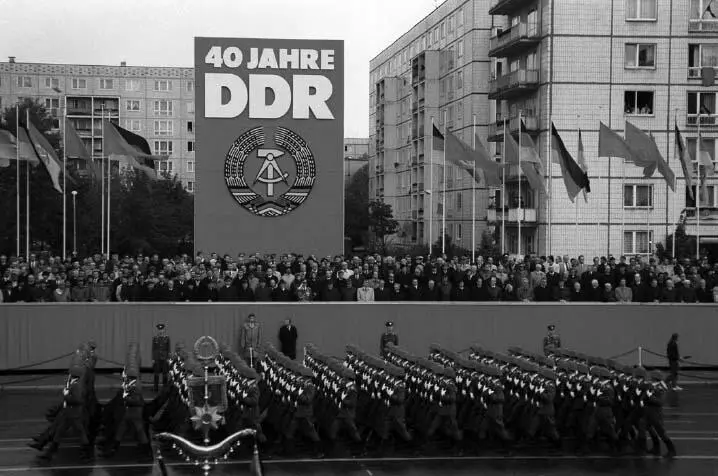
Happy birthday or last rites? East Berlin, 7 October 1989
After the parade, ‘Gorby’ and ‘Honni’ met for almost three hours alone and then with the whole SED Politburo. Little went to plan; in fact Honecker and Gorbachev were simply not on the same page. They ended up talking past each other. Gorbachev, in a typical big-picture performance, enthused about his new thinking and the current ‘revolution within a revolution’ (in other words, not negating October 1917) while also underlining communism’s ongoing historical competition with capitalism, albeit in a changing world. Honecker, on the other hand, heaped praise on the GDR as one of the world’s great economies. Fifteen billion Ostmark had been invested in the microchip industry, including the great state conglomerates Mikroelektronik Erfurt, Carl Zeiss Jena and Robotron Dresden. Systems had been automated and production raised by 300–700%. He left nobody in doubt that he was determined to stick to the old form of state socialism. ‘We will solve our problems ourselves with socialist means,’ he insisted.
Their speeches to the Politburo followed similarly divergent courses. But by now Gorbachev had heard enough. He told his East German audience a story about miners in Donetsk who ‘taught a good lesson’ to the secretary of the regional party: ‘we often see that some leaders cannot pull the cart any more, but we don’t replace them, we are afraid to offend them’. As he looked knowingly around the SED Politburo members, no one could be under any illusions that here was a direct reference to the seventy-seven-year-old hardliner Honecker. ‘If we lag behind, life will punish us straight away,’ he concluded pithily. Later, before the world media, his press spokesman Gerassimov condensed this into what became a celebrated aphorism: ‘Life punishes those who come too late!’[177]
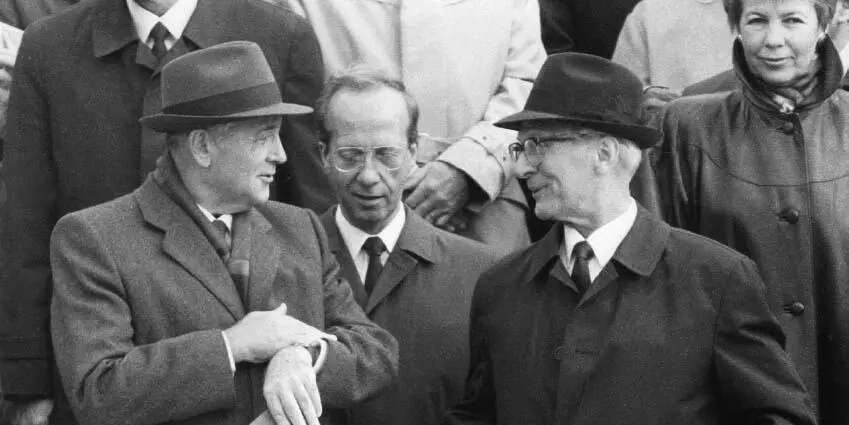
The clock is ticking, Erich! Gorbachev with Honecker
It had been twenty-four hours of mixed messages. Having eventually decided to attend the GDR’s festivities, Gorbachev clearly intended to offer the Soviet Union’s most prized Cold War ally a measured show of solidarity. After the extraordinary images of the recent exodus and escalating popular demands for reform and democracy across the cities of East Germany, Gorbachev’s primary mission was to soothe the frazzled nerves in East Berlin and to help prevent a combination of social frustration and political paralysis from increasing to the point where it could destabilise the East German state. At the same time, however, Gorbachev made clear that Moscow would not interfere in East Germany’s problems – problems, as he put it, that were not merely about ‘sausage and bread’ but about the need for ‘more oxygen in society’ which demanded a totally new approach by the GDR. Ultimately Honecker himself would have to have the courage to undertake political reform. Gorbachev was no longer prepared to prop him up.[178]
As regards the international situation, however, standing on the Cold War front line in the heart of Europe, the Soviet leader was defiant. In his speech during the gala dinner on the 6th, he rebutted accusations that Moscow bore sole responsibility for the continent’s post-war division and he took issue with West Germany for seizing on his reforms to ‘reanimate’ dreams of a German Reich ‘within the boundaries of 1937’. He also specifically rejected demands that Moscow dismantle the Berlin Wall – a call made by Reagan in 1987 and again by Bush in 1989. ‘We are constantly called on to liquidate this or that division,’ Gorbachev complained. ‘We often have to hear, “Let the USSR get rid of the Berlin Wall, then we’ll believe in its peaceful intentions.”’ He was adamant that ‘we don’t idealise the order that has settled on Europe. But the fact is that until now the recognition of the post-war reality has insured peace on the continent. Every time the West has tried to reshape the post-war map of Europe it has meant a worsening of the international situation.’ Gorbachev wanted his socialist comrades to embrace renewal, but he had no intention of dismantling the Warsaw Pact or abruptly dissolving the Cold War borders that had given stability to the continent for the last forty years.[179]
Читать дальше
